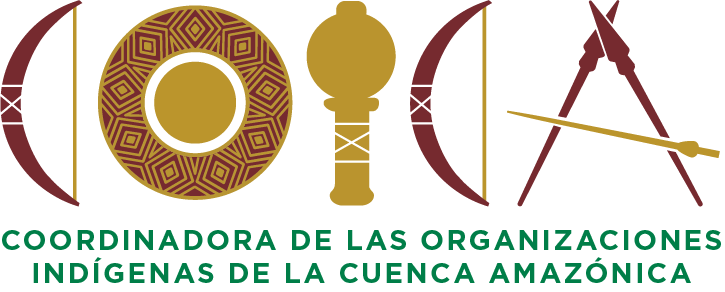 The Amerindian Peoples Association (APA) is pleased to present a new comprehensive study on the lack of tenure security faced by indigenous communities in Guyana’s Northwest District. ‘Our Land, Our Life: A participatory assessment of the land tenure situation of indigenous peoples in Guyana’ was published in collaboration with UK non-governmental organisation Forest Peoples Programme (FPP).
The Amerindian Peoples Association (APA) is pleased to present a new comprehensive study on the lack of tenure security faced by indigenous communities in Guyana’s Northwest District. ‘Our Land, Our Life: A participatory assessment of the land tenure situation of indigenous peoples in Guyana’ was published in collaboration with UK non-governmental organisation Forest Peoples Programme (FPP).
Over a period of four years, a trained local research team compiled reports, testimonies and data on the situation of indigenous peoples’ land rights, from 42 settlements in Regions 1 and 2. The report finds that a third of the communities visited in Regions 1 and 2 have no secure legal tenure at all. Of the 29 Villages that have a title, 28 report that the title leaves out important parts of their customary land where they hunt, fish and farm.
In its recommendations, the report asks for the government and authorities to move towards reviewing and amending the 2006 Amerindian Act in order to align it with articles in the United Nations Declaration on the Rights of Indigenous Peoples (UNDRIP) and other international human rights law which Guyana is a signatory to. Additionally, the report recommends that an independent national tribunal is established to address indigenous peoples’ grievances and territorial claims. It is also essential that that destructive mining and logging operations that impact communities cease as soon as possible, especially in places where FPIC has not been given.
Other recommendations include reforming the country’s land titling and demarcation rules to uphold FPIC; increase the capacity of government officials working on indigenous peoples affairs, forestry, mining, land survey and natural resources to understand and implement the rights that indigenous peoples have to land and FPIC under international law; have the inclusion of skilled Indigenous mappers and traditional knowledge holders in boundary surveys; and ensure the Amerindian Land Titling (ALT) Project upholds indigenous rights while establishing consultative mechanisms with indigenous peoples to guarantee it is working properly.
Moreover, the study stresses that Guyana’s laws must reform the rules by which concessions are allocated as there is no official system for concession reclamation. In this regard, such reform must formulate ways in which lands given to “outsiders” can be returned to Indigenous communities.
Many local people and community leader interviewed during the land tenure assessment stressed the need for collective inter-village approaches to land titling applications and demarcation activities.
As one leader from Akawini Village told the land tenure team: “Looking at the land rights question, indigenous peoples in Region 2 and Region 1 need to work together. It is time the villages got back in one place again to agree boundaries and look for collective solutions to our [land title] extension applications. We need to share our extension areas as we have always done according to our traditions.”
The complete report is available to download in English here
